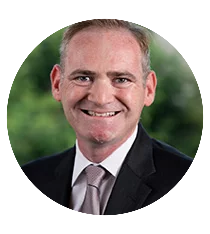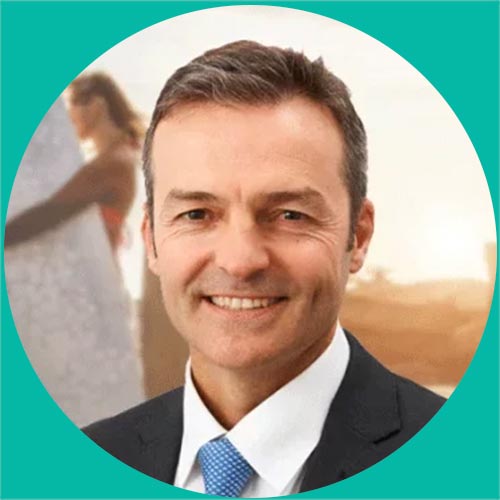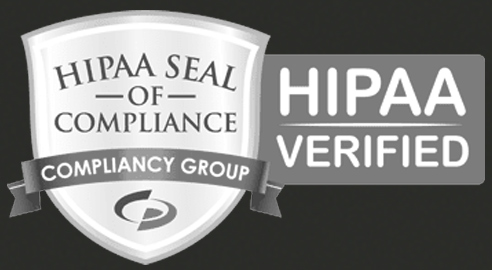Recognising anxiety when facing stressful situations like objections
Your heart rate increases. Your breathing gets faster. You feel and see your skin flush, as a result of a 300-400% increased blood flow priming the muscles, lungs, and brain to respond to additional demands. You feel dryness in your mouth and experience difficulty talking. Spasms in your throat muscles make it difficult to swallow. Your skin grows cool, clammy, and sweaty. Your scalp tightens, making it feel like your hair is standing up.
These are your body’s natural responses to sensing imminent danger – for example, seeing a bear approaching you in the woods, or sensing you are being followed by a stranger as you walk alone down an unlit street. Interestingly, it is these same sensations that many people experience when confronted with an objection from a customer.
During a stressful episode, your hypothalamic-pituitary-adrenal (HPA) system releases neurotransmitters (chemical messengers) called catecholamines. Catecholamines also suppress activity in areas at the front of your brain concerned with short-term memory, concentration, inhibition, and rational thought.
This sequence of mental events allows a person to react quickly, either to fight the source of fear, or to flee from it. It also interferes with the ability to handle difficult social or intellectual tasks and behaviors during that time.
Is there any wonder that people completely forget what to do what they have practiced when they are faced with an acute anxiety-producing event like an objection?
The first step in responding to situations like these is to accept your body’s responses to stress as natural and normal. Often, people become more anxious when experiencing responses to stress, due to worrying about the symptoms themselves. Don’t. These symptoms are natural, and in fact healthy and effective, responses to real stressful stimuli. All of these responses can help you in a valid stressful situation – like confronting a bear in the woods or dealing with a stranger following you at night.
Where they don’t help, is in the case of “imagined fear” – or stress associated with danger that really isn’t there. Why isn’t it really there? Because let’s face it, a customer not buying from you is miniscule in its relative importance when compared to imminent mortal danger. What’s the worst thing that can happen, really?
Logical responses to stress, however, rarely work. Your body is a bag of illogical hormones; you need to fight fire with fire. In my next post, I’ll share some body-smart techniques you can use to calm yourself during an acute stressful event.
Related Posts
Meet our Co-Founders
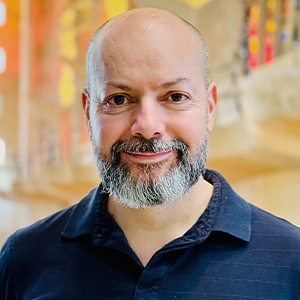
Rod Solar
Founder & Scalable Business Advisor
For over 20 years, I’ve helped ophthalmology entrepreneurs scale their private practices. I specialise in doubling revenue within three years by offering a proven framework, hands-on experience, and a team of experts who implement what works. We take the guesswork out of growth and scale, so you can focus on delivering exceptional patient care while maximising the value of your business.
LiveseySolar completely transformed the way we were approaching this… We’ve gone from having just the dream of having a practice to having a practice up and running with people making inquiries and booking for procedures… It’s extremely pleasing. We feel lucky we connected with LiveseySolar.
— Dr Matthew Russell, MBChB, FRANZCO, specialist ophthalmic surgeon and founder of VSON and OKKO
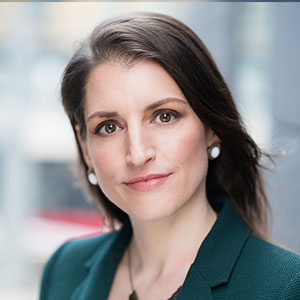
Laura Livesey
Founder & CEO
I’m the co-founder & CEO of LiveseySolar. I’ve developed powerful eye surgery marketing systems that increase patient volumes and profits for doctors, clinics, and hospitals, since 1997.
Rod and Laura know as much about marketing surgery to patients as I know about performing it. They are an expert in the field of laser eye surgery marketing. They know this industry inside out. I believe that they could help many companies in a variety of areas including marketing materials, sales training and marketing support for doctors.
— Prof. Dan Reinstein, MD MA FRSC DABO, founder of the London Vision Clinic, UK


